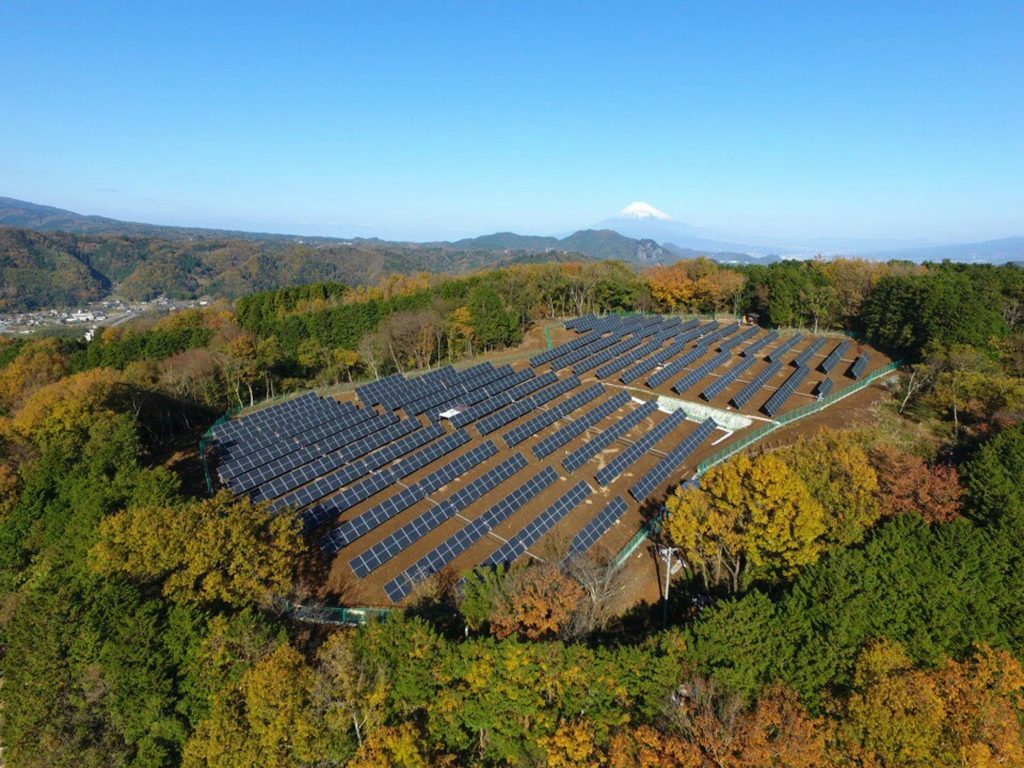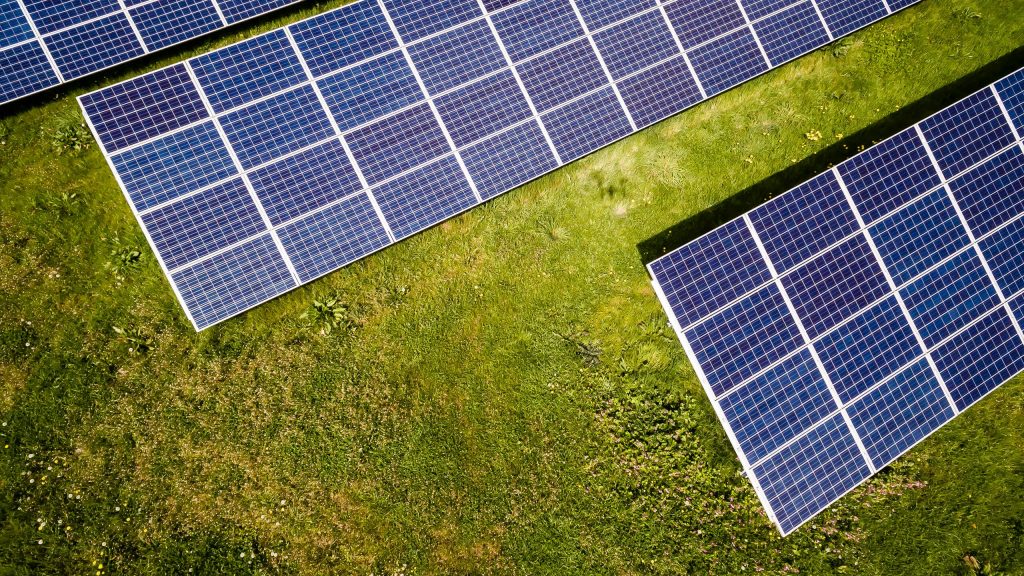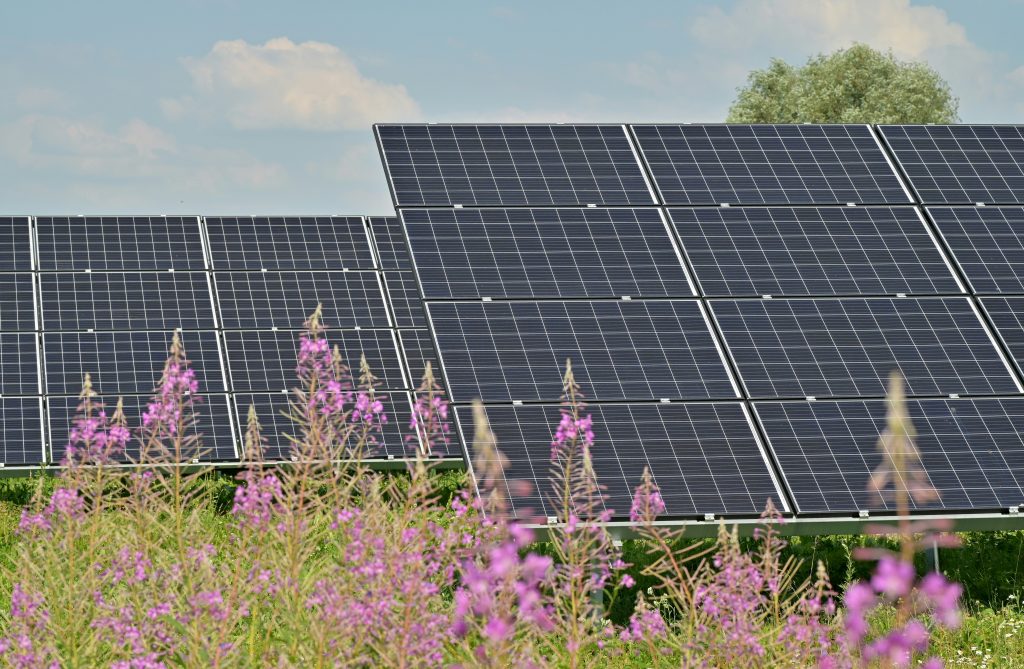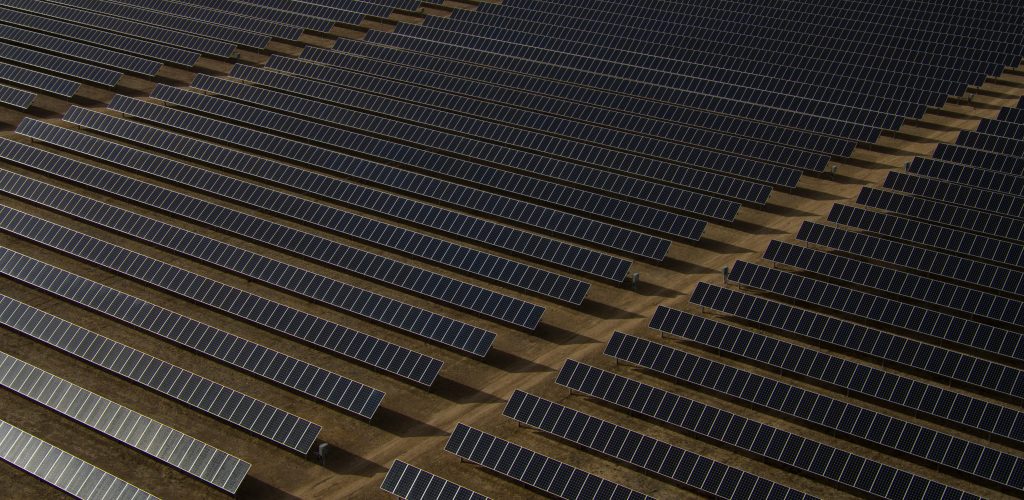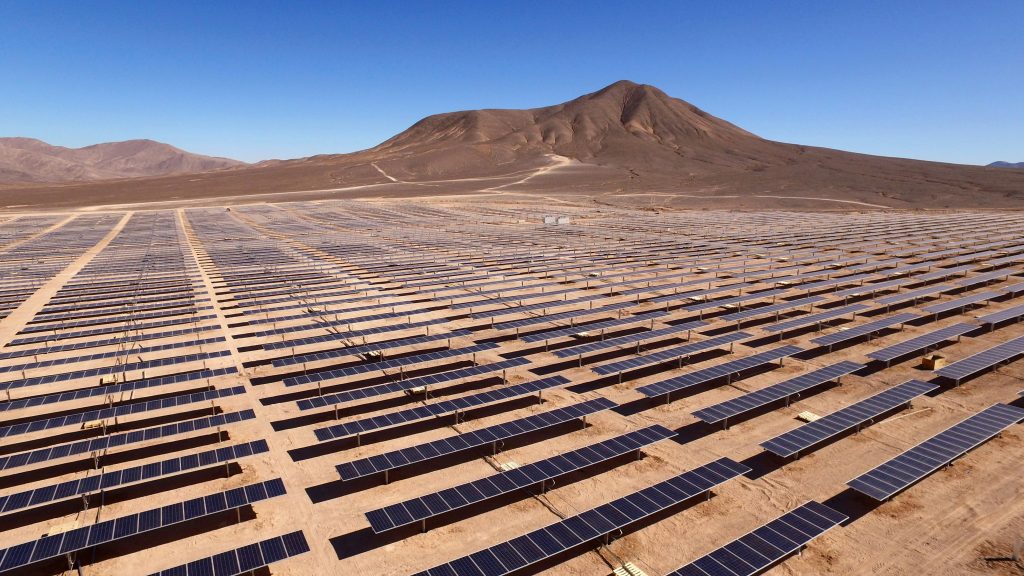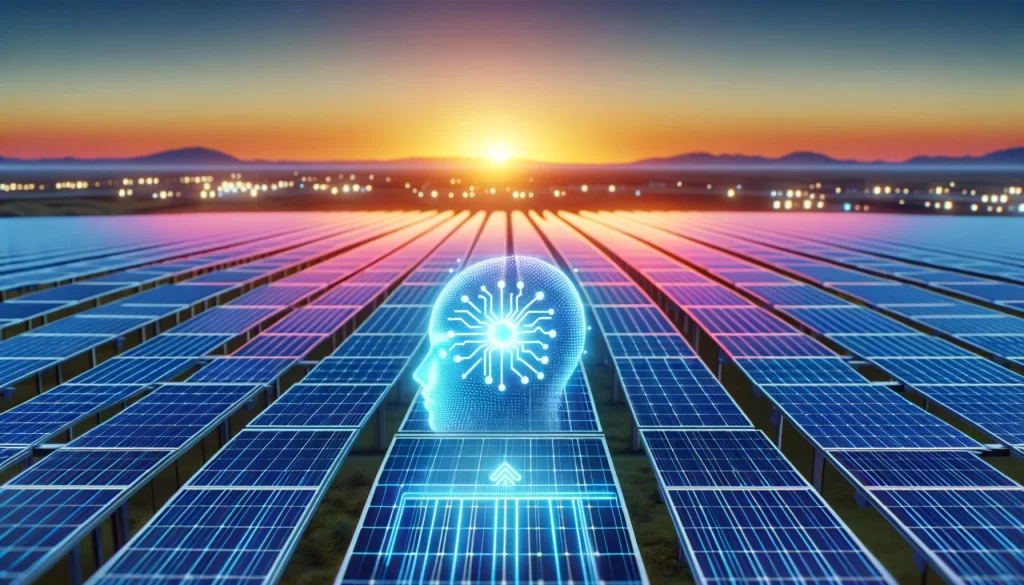Published by Contentify AI
- Introduction
- Benefits of AI in Solar Energy
- Challenges in Implementing AI in Solar Energy
- Successful Case Studies
- Future Trends in Sustainable Solar Energy

Key Takeaways
- AI can drive sustainability in solar energy by optimizing energy production and consumption
- AI can improve efficiency in solar energy systems by predicting and managing maintenance needs
- AI can enhance decision-making processes in solar energy projects for better cost-effectiveness
Introduction
As the world grapples with climate change and the urgent need for renewable energy sources, the integration of artificial intelligence (AI) in solar energy systems is emerging as a vital solution. By leveraging AI, the solar energy sector can achieve unprecedented levels of efficiency, reliability, and sustainability. This technological synergy is not just a futuristic ideal but a current reality that is revolutionizing how we harness and utilize solar power. Driving sustainability in solar energy through AI involves optimizing energy production, predicting maintenance needs, and minimizing waste, thereby ensuring that solar energy becomes a more viable and environmentally friendly option.
Benefits of AI in Solar Energy
Artificial intelligence is significantly enhancing the efficiency of solar energy systems, ensuring that solar panels operate at their maximum potential. By utilizing machine learning algorithms, AI can predict and adjust to weather conditions, optimizing energy output regardless of the time of day or season. This dynamic adjustment not only maximizes energy production but also minimizes waste, a crucial factor in driving sustainability in solar energy through AI.
Moreover, AI-powered analytics enable precise monitoring and predictive maintenance of solar panels. By identifying potential issues before they escalate, AI reduces downtime and maintenance costs. This predictive capability ensures a more consistent and reliable energy supply, further promoting the sustainability of solar energy.
AI also contributes to more intelligent energy storage solutions. Advanced algorithms can manage the charge and discharge cycles of batteries, ensuring that stored energy is used efficiently and extends battery life. This efficient storage is vital for integrating solar power into the wider energy grid, making renewable energy more viable on a large scale.
In addition, AI facilitates better energy management systems for consumers. Smart home technologies powered by AI can adjust energy consumption based on solar energy production, reducing reliance on non-renewable energy sources. This consumer-level optimization contributes to a more sustainable overall energy ecosystem.
Finally, AI aids in the design and deployment of solar farms. Through data analysis and simulation, AI can determine the optimal placement of solar panels to capture the most sunlight, taking into account geographical and environmental factors. This strategic positioning maximizes energy capture and contributes to the overall efficiency and sustainability of solar power installations.
In summary, the integration of AI in solar energy systems is a game-changer. From optimizing energy production and storage to predictive maintenance and intelligent energy management, AI plays a pivotal role in driving sustainability in solar energy, making it a more efficient, reliable, and environmentally friendly option for the future.
Challenges in Implementing AI in Solar Energy
One of the primary challenges in implementing AI in solar energy is the high initial cost. Developing and deploying advanced AI systems require significant financial investment in both hardware and software. This can be a barrier for smaller companies or underfunded projects, limiting the widespread adoption of AI technologies in the solar sector.
Another significant hurdle is the complexity of data integration. AI systems rely heavily on vast amounts of data to function effectively. However, collecting, cleaning, and integrating data from various sources, such as weather reports, satellite images, and energy consumption patterns, can be a daunting task. Inconsistent or poor-quality data can severely impair the performance of AI algorithms, thereby undermining their effectiveness in driving sustainability in solar energy through AI.
The lack of skilled professionals is also a major concern. Implementing and maintaining AI systems in solar energy require specialized knowledge in both AI technology and solar energy systems. Currently, the industry faces a shortage of experts who possess this dual expertise, creating a bottleneck in the adoption and optimization of AI solutions.
Interoperability issues present another layer of complexity. Solar energy systems often comprise various components from different manufacturers, each with its own protocols and standards. Ensuring that AI systems can seamlessly integrate and communicate with these disparate components is a technical challenge that needs addressing to maximize the potential of AI in solar energy.
Moreover, there are concerns related to cybersecurity. As solar energy systems become more interconnected and reliant on AI, they also become more vulnerable to cyber-attacks. Ensuring robust security measures to protect sensitive data and maintain the integrity of AI systems is essential but challenging.
Lastly, regulatory and policy barriers can impede the adoption of AI in solar energy. Regulatory frameworks often lag behind technological advancements, creating uncertainties and obstacles for innovators. Policymakers need to develop clear guidelines and supportive policies to facilitate the integration of AI in solar energy systems effectively.
In summary, while driving sustainability in solar energy through AI offers immense potential, overcoming these challenges is crucial for its successful implementation and widespread adoption.
Successful Case Studies
One notable example of how AI is transforming solar energy can be seen in the operations of Google’s DeepMind. The company has successfully integrated AI algorithms to predict the energy output of its solar farms with impressive accuracy. By analyzing weather data and historical performance, DeepMind’s AI can forecast power generation 36 hours in advance. This predictive capability allows for more efficient grid management and energy distribution, showcasing a significant step in driving sustainability in solar energy through AI.
Another successful case study is the collaboration between IBM and China’s State Grid Jibei Electricity Power Company. They developed an AI-powered weather forecasting system to optimize the operation of a major solar energy plant. The system uses AI to interpret satellite imagery and weather data, enabling real-time adjustments to the plant’s operations. As a result, the plant has seen a marked increase in energy efficiency and a reduction in operational costs, underscoring the potential for AI to enhance the sustainability of solar energy projects.
In a different approach, the start-up SolarEdge is leveraging AI to improve the maintenance and efficiency of solar panels. The company’s AI-based software monitors the performance of each solar panel and identifies underperforming units that may require maintenance. This proactive maintenance strategy ensures that the entire system operates at peak efficiency, reducing downtime and extending the lifespan of the panels. Such innovations are crucial for driving sustainability in solar energy through AI by minimizing resource wastage and maximizing energy output.
Furthermore, the Australian company, GreenSync, has made strides by using AI to balance energy loads within solar microgrids. Their AI platform collects and analyzes data from various sources, including solar panels, batteries, and consumption patterns, to optimize energy distribution. This ensures that energy is used where it’s most needed and stored efficiently, reducing reliance on non-renewable energy sources and promoting a more sustainable energy ecosystem.
These successful case studies illustrate the transformative impact of AI on solar energy. By optimizing energy production, enhancing predictive maintenance, and improving grid management, AI is playing a pivotal role in driving sustainability in solar energy through AI. These examples serve as a testament to the potential of AI to revolutionize the solar industry, making it more efficient, reliable, and environmentally friendly.
Future Trends in Sustainable Solar Energy
One of the most promising future trends in the solar energy sector is the integration of AI to enhance sustainability. AI is expected to play a crucial role in optimizing energy production, storage, and distribution. Advanced machine learning algorithms will enable solar panels to adjust dynamically to changing weather conditions, thereby maximizing energy output and minimizing waste.
Another emerging trend is the development of smarter energy storage solutions. AI will manage the charge and discharge cycles of batteries more efficiently, ensuring longer battery life and more reliable energy storage. This will be pivotal for integrating solar power into the broader energy grid, making renewable energy sources more dependable.
Predictive maintenance is also set to benefit immensely. AI will utilize real-time data from sensors embedded in solar panels to predict potential failures before they occur. This will significantly reduce downtime and maintenance costs, ensuring a more consistent energy supply.
AI will also revolutionize energy consumption at the consumer level. Smart home systems will use AI to adjust energy usage based on solar energy availability, reducing dependency on non-renewable sources. This kind of intelligent energy management will make a significant impact on overall energy sustainability.
In addition to operational efficiencies, AI will aid in the strategic placement of solar panels. By analyzing geographical and environmental data, AI can determine the optimal locations for new solar installations, ensuring maximum sunlight capture.
These future trends indicate that driving sustainability in solar energy through AI is not just a possibility but a burgeoning reality. The technology will continue to evolve, offering innovative solutions that will make solar energy more efficient, reliable, and environmentally friendly.

